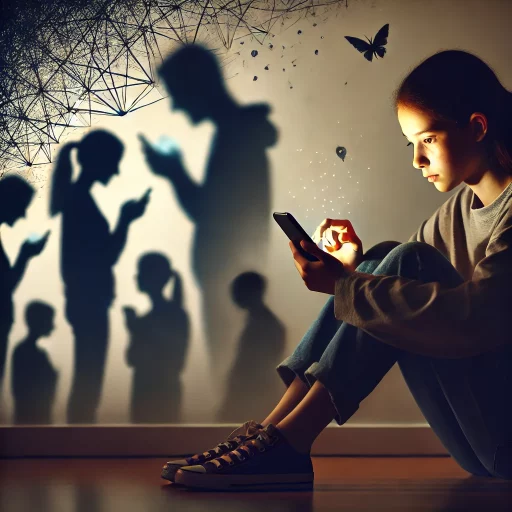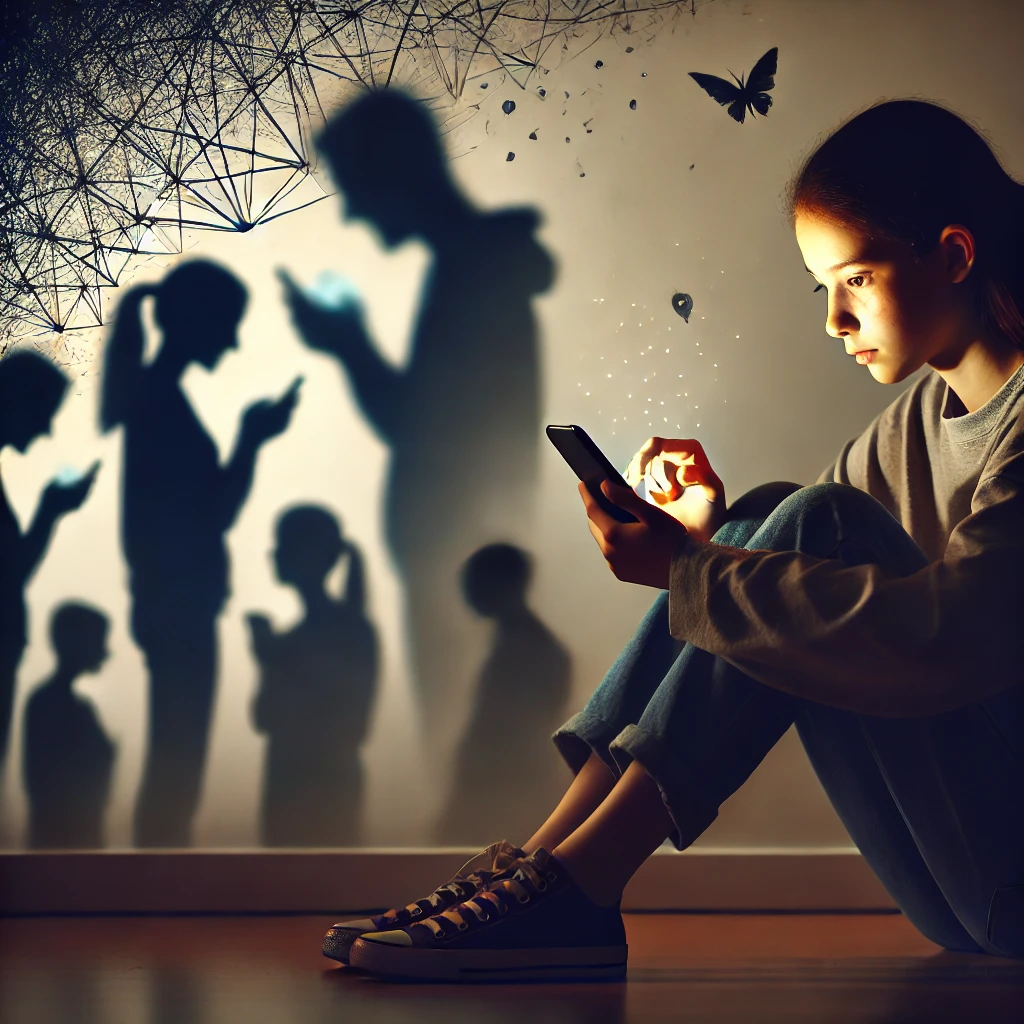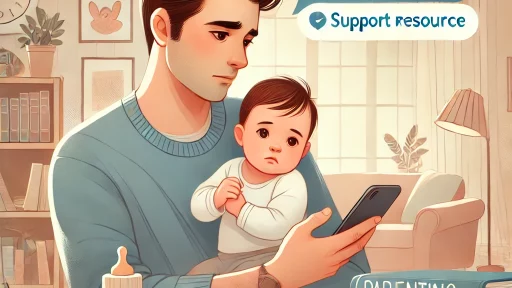Feeling Alone, Even When Connected
Imagine spending hours in a room by yourself. Even with a smartphone buzzing with messages, there’s a sense of unease that creeps in. Recent research from the University of Cambridge reveals that teenagers become more sensitive to potential dangers after spending time alone, regardless of whether they stay connected via social media.
Teens on High Alert
The study observed 40 teens aged 16 to 19, who spent several hours alone in a room. Some had access to their smartphones to interact with friends and family, while others did not. After their solitary time, scientists measured their reactions to different situations. They found that, regardless of online interactions, the teens exhibited heightened sensitivity to threats.
The Limits of Digital Comfort
This study underscores a key point: while texting and video chats might offer temporary connection, they cannot replace the emotional reassurance of face-to-face interactions. Teens who spend prolonged periods alone—even when engaging online—may experience lingering feelings of anxiety or stress, which could have long-term mental health implications.
A Call for In-Person Connection
With teenagers spending increasing amounts of time on devices, understanding the impact of isolation is crucial. This research points to the need for encouraging real-world social connections, such as sports, group activities, or family gatherings, which can help teens feel more secure and less on edge.
Source: University of Cambridge Research





